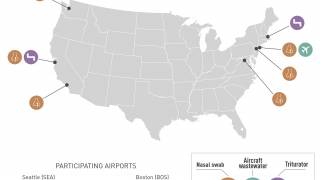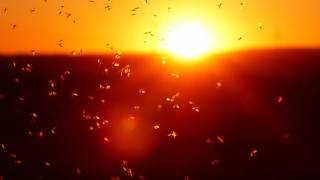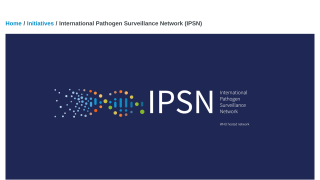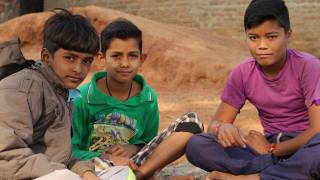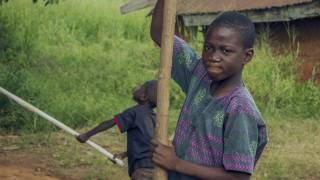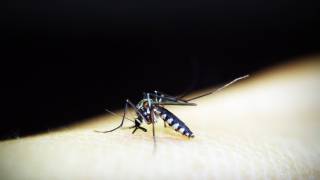Cuba is Waging War on Zika
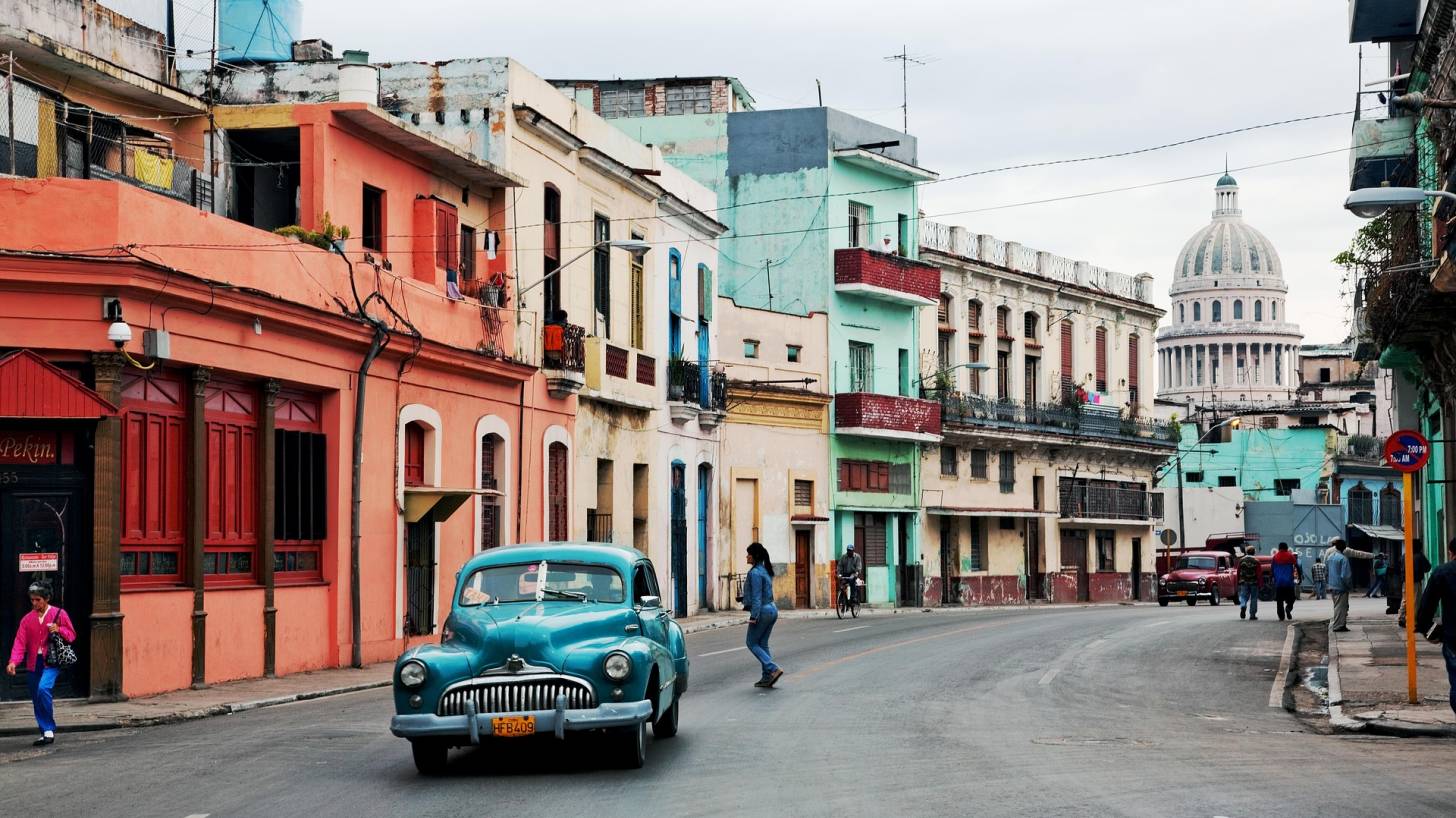
In Cuba, the fight against the mosquito-borne diseases Zika is organized, and remarkably effective.
The World Health Organization (WHO) map indicates that Cuba is a lone island in a sea of Zika. The WHO reports the majority of the Caribbean has experienced widespread transmission of the virus.
But, Cuban health officials say there has been only a “sporadic” spread of Zika on the island.
“What it takes are local communities being very strong with vector control,” Health and Human Services (HHS) Secretary Sylvia Mathews Burwell said at a press conference at the US Embassy in Cuba. “I think it is what they’ve been successful with.”
“The big difference between Cuba and the rest of Latin America is that they anticipated the arrival of the virus, and took actions to mitigate the impact,” said Carlos Espinal Tejada, a tropical disease specialist who directs the Global Health Consortium at Florida International University in Miami.
“In Miami and other places in Latin America, they waited until they had Zika cases and then mobilized,” Espinal Tejada said.
“In Cuba, it’s the opposite. When they see a virus about to arrive, they mobilize.”
According to the WHO, the best way to avoid Zika virus infection is to prevent mosquito bites. Some travelers to areas with Zika will become infected while traveling, but will not become sick until they return home, or they might not have any symptoms at all.
"Cuba began building a system to aggressively prevent mosquito-borne diseases after a 1981 outbreak of dengue fever that killed 158 people', said Carilda Peña García, director of vector control for the Cuban health ministry.
“The Cuban people don’t forget that,” she said.
Cuba’s success in limiting Zika’s spread is due largely to prevention efforts coordinated from local health clinics. These clinics deploy 15,000 workers who “visit every house in Cuba” to look for mosquitoes and kill them”, said Peña García.
Aedes aegypti is the main mosquito species spreading the Zika virus.
“In Havana, each mosquito-control worker is responsible for 300 households and is expected to visit 20 each day, checking for mosquitos, larvae, and standing water that could become breeding grounds”, said Nilda Roca Menendez, director of health and epidemiology for Havana.
“If a case of Zika, dengue, or chikungunya virus is diagnosed, or mosquitoes or larvae are found, every home within 100 meters will be checked more intensely”, Roca Menendez said.
People who do have symptoms have reported fever, rash, joint pain, and red eyes. The sickness is usually mild with symptoms that last from several days to a week. People usually don’t get sick enough to go to the hospital, and they very rarely die of Zika.
As of December, 2016, there is no vaccine or medicine for the Zika virus.
Our Trust Standards: Medical Advisory Committee





